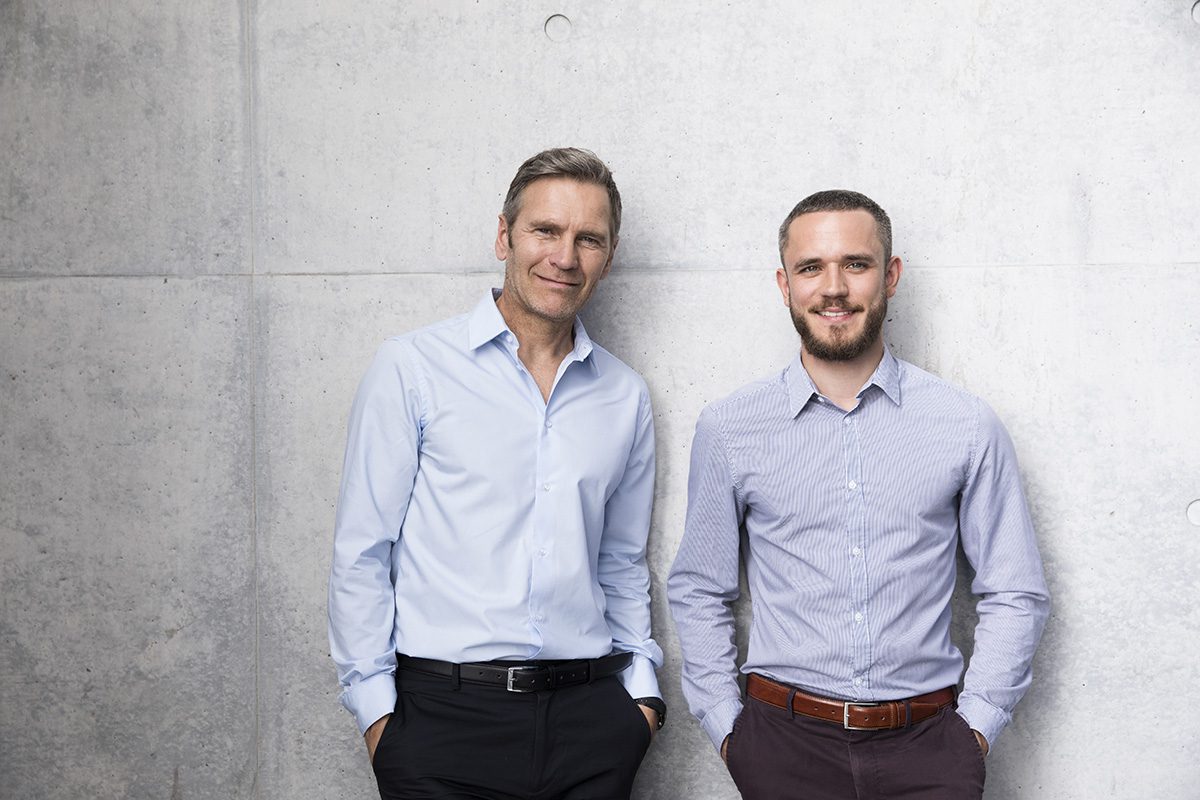FeedForward – A new direction in giving effective feedback
By Mary Lynch | 19th March 2019
Giving effective feedback is an essential skill for coaches, managers and leaders but also one that is regularly dreaded.
.“We all need people who will give us feedback. That’s how we improve.”– Bill Gates.
Giving effective feedback is an essential skill for coaches, managers and leaders but also one that is regularly dreaded. Employees need to know if their performance is what their leaders expect from them and, if not, they need suggestions on how to improve it.
Many leaders have used techniques such as the classic “sandwich” approach which formed the core of many training and feedback sessions in the past. A feedback approach that begins with a positive comment, followed by a negative comment and closed with another positive comment.
The fundamental problem with feedback is it focuses purely on the past.
Overcoming the Fear of giving feedback
Managers regularly report a fear of giving feedback. If feedback is poorly delivered it can be detrimental to employee engagement and motivation and only certain people can use this negative or critical feedback to develop. Employees regularly report not hearing very much at all in a feedback session once something negative has been said and also not recalling very accurately what was said.
In truth when receiving feedback people often hear their own negative judgements, internal criticisms and filter what is being said through personalised feelings of hurt pride.
A Gallup survey found that 67% of employees whose managers focused on their strengths were fully engaged in their work, as compared to only 31% of employees whose managers focused on their weaknesses.
Sheila Heen, Lecturer on Law at Harvard Law School and a Founder of Triad Consulting has spoken extensively about the need to understand the experience of the feedback. Feedback is difficult because it stands at the juncture of two human needs – the need to be loved and accepted for who we are and the need to improve and be better than we are.
When you’re giving feedback we first need to think about your experiences of receiving feedback and then about what the other party is experiencing. Our beliefs, values and ultimately our skill as feedback givers is influenced and shaped by how we have received feedback.

Feedforward
Feedforward is based on giving future suggestions rather than focusing on the past. In this way, it is about developing people and helping them to work on what they can change in the future. It is an objective description of what must be done in the future.
One of the issues with feedback is that, while it outlines what someone did or didn’t do, it lacks specific information about what the person can do to change and improve. Feedforward provides a constructive outline of the skills or behaviours which are required for successful achievement of a goal.
Feedback can also instil feelings of failure and inadequacy and prevent people from moving forward whereas feedforward can inspire someone to action with confidence.
Feedback invites reaction as with the best will and intention in the world the giver of feedback tends to include personal judgement, reaction and feelings. Feedforward describes something which has not happened yet, making it objective and depersonalising it.
Marcus Goldsmith has written extensively about feedforward and I would agree when he says that feedforward works because it is a positive focus on solutions for the future rather than the mistakes and shortfalls of the past. Similarly, Managers and Leaders working with high achievers can benefit from using feedforward because as Marcus says, “feedforward is especially suited to successful people”.
High achievers benefit from clearly understanding their goals in specific ways which help them to achieve and this is exactly what feedforward does, as when it is done well, it serves as a clear description of how to excel.
Mary Lynch is associate IMI faculty on the Coaching for Business Performance short programme. Mary specialises in the areas of Organisational Development, Change Management, Diagnostic Design and Interpretation, Performance Management, Leadership and Coaching.




